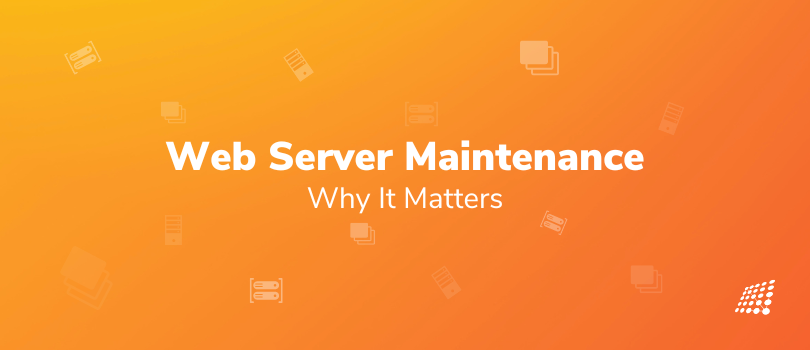Web Server Maintenance in UAE
Web Server Maintenance is a crucial aspect of ensuring the smooth and secure operation of a website. It involves regular updates, monitoring, and optimization of the web server to enhance performance, security, and reliability. Here are some key points to consider when discussing web server maintenance:
1. Regular Updates: Keeping the web server software up to date is essential for security and performance. This includes updating the operating system, web server software (such as Apache or Nginx), and any associated components or plugins. Regular updates help patch vulnerabilities, improve stability, and ensure compatibility with the latest technologies.
2. Security Measures: Implementing robust security measures is vital to protect the web server from potential threats. This includes configuring firewalls, intrusion detection systems, and implementing secure protocols such as HTTPS. Regular security audits and vulnerability assessments should be conducted to identify and address any potential weaknesses.
3. Performance Optimization: Optimizing the web server helps improve website loading speed and overall performance. This can involve tasks such as caching, compression, and load balancing to distribute traffic efficiently. Monitoring server resources, such as CPU and memory usage, can help identify and resolve performance bottlenecks.
4. Backup and Disaster Recovery: Regular backups of website data and configurations are essential to ensure quick recovery in case of data loss or server failure. Implementing a reliable backup strategy, including off-site backups, can help minimize downtime and protect against data loss.
5. Monitoring and Logging: Continuous monitoring of the web server allows for proactive identification of issues and prompt resolution. Monitoring tools can track server uptime, resource usage, and website performance metrics. Additionally, logging server activities helps in troubleshooting and identifying potential security breaches.
6. Scalability and Capacity Planning: As website traffic grows, it is important to ensure that the web server can handle the increased load. Regular capacity planning helps anticipate resource requirements and scale the server infrastructure accordingly. This may involve upgrading hardware, adding more servers, or utilizing cloud-based solutions.
7. Documentation and Documentation: Maintaining detailed documentation of server configurations, updates, and maintenance tasks is crucial for effective management and troubleshooting. This documentation helps ensure consistency and facilitates efficient collaboration among team members.
By following a comprehensive web server maintenance plan, businesses can ensure their websites remain secure, perform optimally, and provide a seamless user experience. Regular maintenance minimizes the risk of downtime, data loss, and security breaches, ultimately contributing to the success of the online presence.



